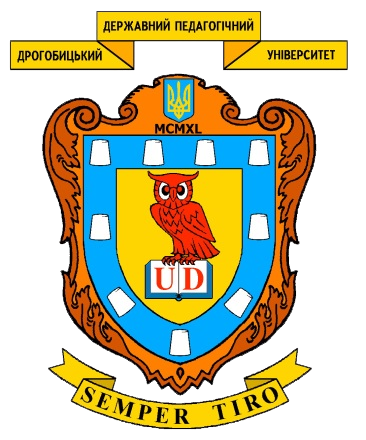PSYCHOLOGICAL ANALYSIS OF FACTORS OF CONFLICT BETWEEN PARENTS AND CHILDREN
DOI:
https://doi.org/10.24919/2312-8437.43.159088Keywords:
conflict, incident, children, types of family relationshipsAbstract
The article describes the psychological characteris-tics of conflicts between parents and children. The correct relations with their children approach allows both to deepen and broaden inter-family communication. Relationships between parents and children is largely determined by the style of education that adults choose to in-fluence their offspring. The conflict in psychology is seen as a collision of opposing goals, interests, positions, thoughts and views of opponents or actors of interaction. Conflict situation arises in the presence of conflicting positions of the parties. Consequently, it contains subjects of the con-flict (opponents) and its subject. Learning to communicate with their own children is not at the level of orders, but on other democratic principles, and it is not easy. The fast and successful development of the person begins as soon as adopters recognize their child as a de-veloping person. A well-established approach to relationships with their own children allows deepening and simultaneously expanding intra-family communication. In this case, the child helps the parents to look at the new world, to feel the joy of his discovery. The relationship between parents and children is largely determined by the parenting style chosen by adults to influence their descendants. The choice is determined by the personal experience of parents, their familiarity with pedagogical doctrines and simply their own un-derstanding. However, whatever style of parenting would be chosen by parents in communicating with their children, sooner or later it would conflict with the needs, settings and requests of the child. Hence the conclusion ‒ the collisions and conflicts of representatives of se-nior and younger generations in the family are almost as inevitable, as in the relationship between the spouses. Conflicts of representatives of different generations are quite common in families and stable work teams. People who grew up in different social conditions have different systems of values. The ima-ge of the world differs in the eyes of adolescents and adults. Exter-nally, of course, they live in one time and space. But their attention is attracted by completely different elements of the world. And sometimes it’s very difficult to understand the relations between representatives of different generations. The need for communication is an internal basis for personal relationships between people.
References
Баскина Ю.В. Методика диагностики родительского отношения (методика включенного конфликта) : автореф. дисс. … канд. психол. наук / Ю.В. Баскина. – М., 1992. – 24 с.
Бондарчук О.І. Психологія сім’ї / О.І. Бондарчук. – М. : Питер, 2000. – 382 с.
Забродський М.М. Основи вікової психології : навч. посіб. / М.М. Забродський. – Тернопіль : Богдан, 2009. – 498 с.
К вопросу о компонентах феномена родительства // Психологическое сопровождение личности в педагогическом процессе : сб. науч. трудов. – Курган, 2002. – 81 с.
Щербань П. Психологія сучасної сім’ї та педагогіка сімейних взаємин / П. Щербань // Рідна школа. – 2005. – С. 14‒15.








